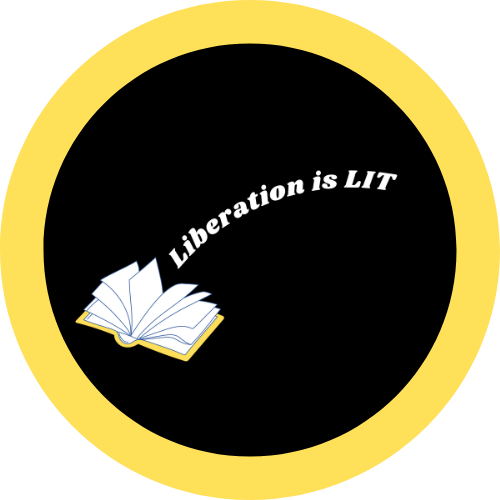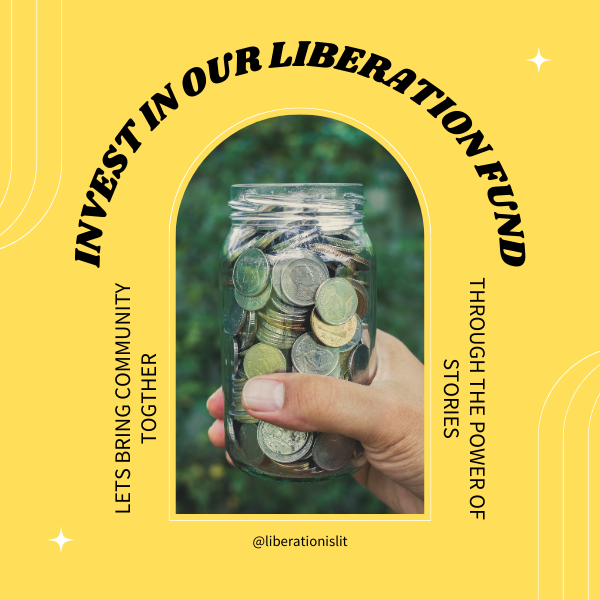As first posted on feministbookclub.com
Women, Power, & Rape Culture: The Politics and Policy of Underrepresentation is a very academic read, but it’s perfect for the work I do in the violence prevention realm. The authors put in a lot of research, from their own methodologies and outside sources. This book examines rape culture through the lens of Trump’s presidency, which was full of rolling back policies for protecting women, encouraging masses to discredit women, and catapulting men who have harmed women into power.
And every time I say the title of the book, I keep thinking about Women, Race, & Class by Angela Y. Davis (we gushed about this book on the podcast)
I really appreciated that Women, Power, & Rape Culture focuses a lot on sexual harassment as a form of violence. I feel like we often downplay sexual harassment as on the continuum of sexual violence. It’s “not as bad as rape”, so we don’t take it seriously. But as we see throughout this book, it paves the way for the culture to uphold attitudes that discredit women and create environments so hostile to women, we keep them out of positions of power, especially when it comes to policy.
Women, Power, & Rape Culture is a smart book. We really get to see how the actions of Trump’s presidency swung the pendulum way back in favor of perpetrators of violence. However, I felt like the authors touched on topics that could have easily introduced these topics from an intersectional lens. If the issue is that white women are afraid of speaking on behalf of Black women, there are tons of resources out there by Black women and it wouldn’t have detracted from any of the sources they did provide. We need to cite more Black women anyway.
While this book does a great job of looking at how patriarchy is pervasive in political institutions, and therefore promotes rape culture, I feel like I missed an important conversation on how white supremacy also plays a role. The extent to which the authors address it is when they point out the privilege of cis white men. The authors don’t talk about how the women who aligned with white supremacy aligned with patriarchy and voted against their best interest when electing Donald Trump. A whole 53% of white women voted for Trump. That is not an insignificant number. But it is easier to hope that women have gender solidarity.
A question that came up for me while I was reading: Is rape culture a product of white supremacy or patriarchy, or do they both go hand in hand? Sexual violence is not only a tool to control women in general, but those in power still use it as a tool to control groups of colonized people, both men and women. Race controls who we see as a victim and who we see as a predator.
When the authors reference BIPOC women, they refer to them mostly as racialized in general or how Trump disparaged as a woman in general, not their unique experiences as racialized women. This distinction is important because racist white women are also responsible for policing BIPOC women by discrediting them. The authors do touch on the intersections by briefly mentioning how Trump aligned the Squad with immigrants/outsiders to paint them as subhuman as a way of discrediting these women. But it still came across as women or people of color.
I feel like there was a missed opportunity to talk about Clarence Thomas calling his hearing a “high-tech lynching”. A conversation about how society puts Black women like Anita Hill in a predicament where systems force them to choose standing up for themselves in the face of patriarchy and rape culture or seen as betraying the race by defaming and demonizing a Black man would have been interesting. We didn’t get a conversation about how Black men align themselves with patriarchy over racial solidarity against white supremacy because it affords them power, getting them closer to the status of white men.
While I had some critiques around intersectionality, I still thought Women, Power, & Rape Culture was a very insightful read. If you want to gain a better understanding of how the Trump presidency fundamentally impacted power and culture for women, you should read this book. If you are looking to learn more about how rape culture diminishes women’s political power, look no further!


